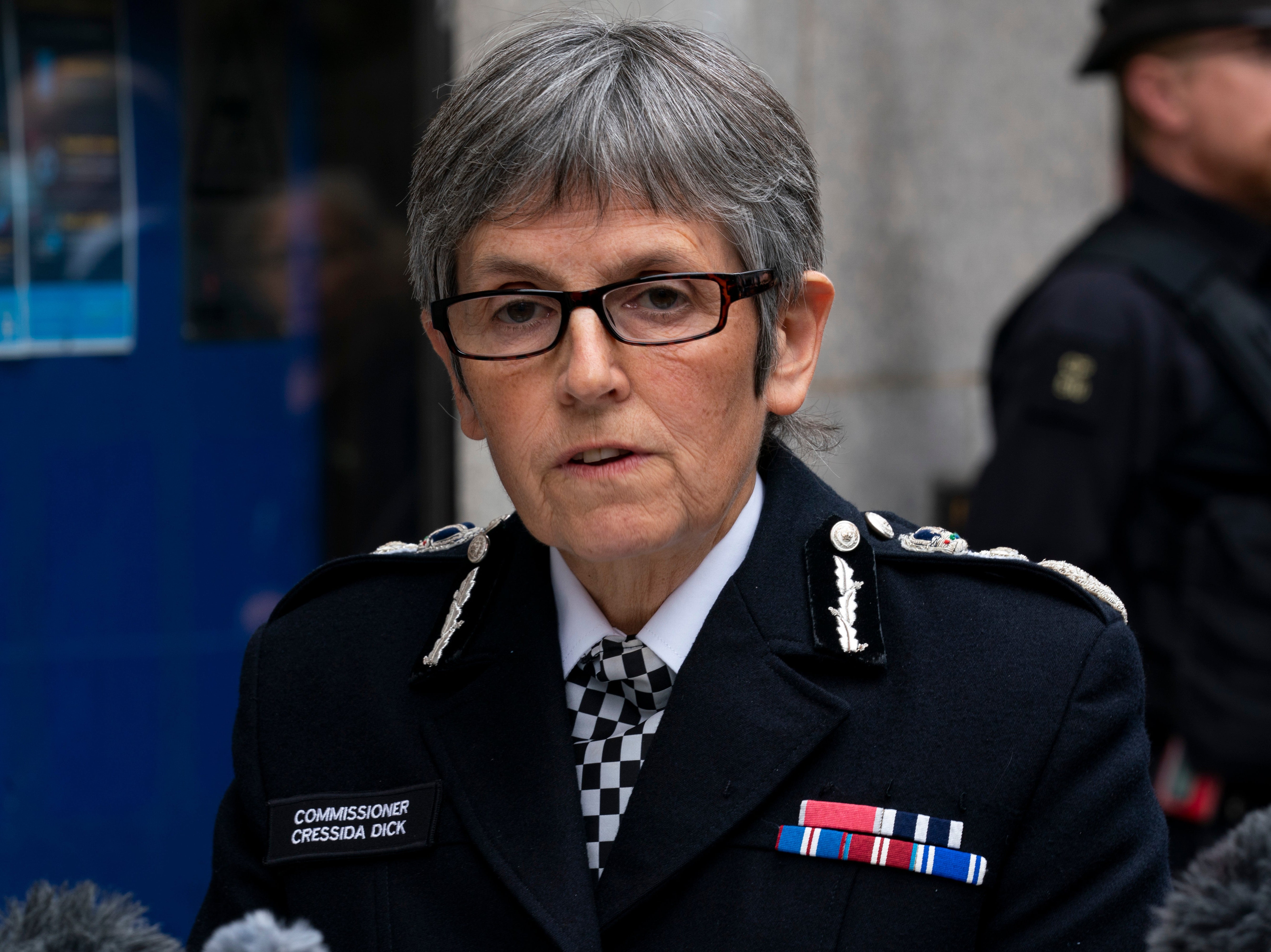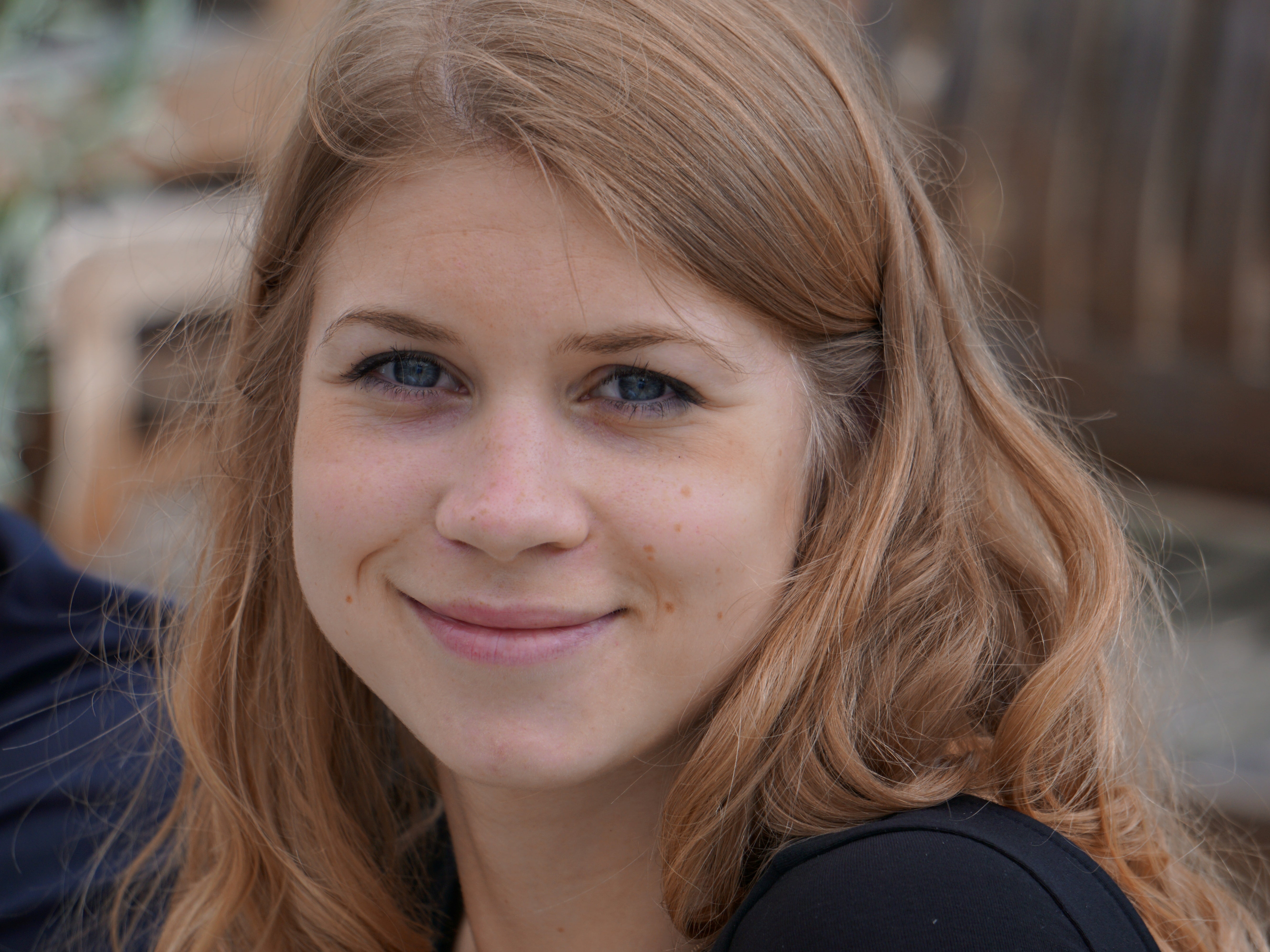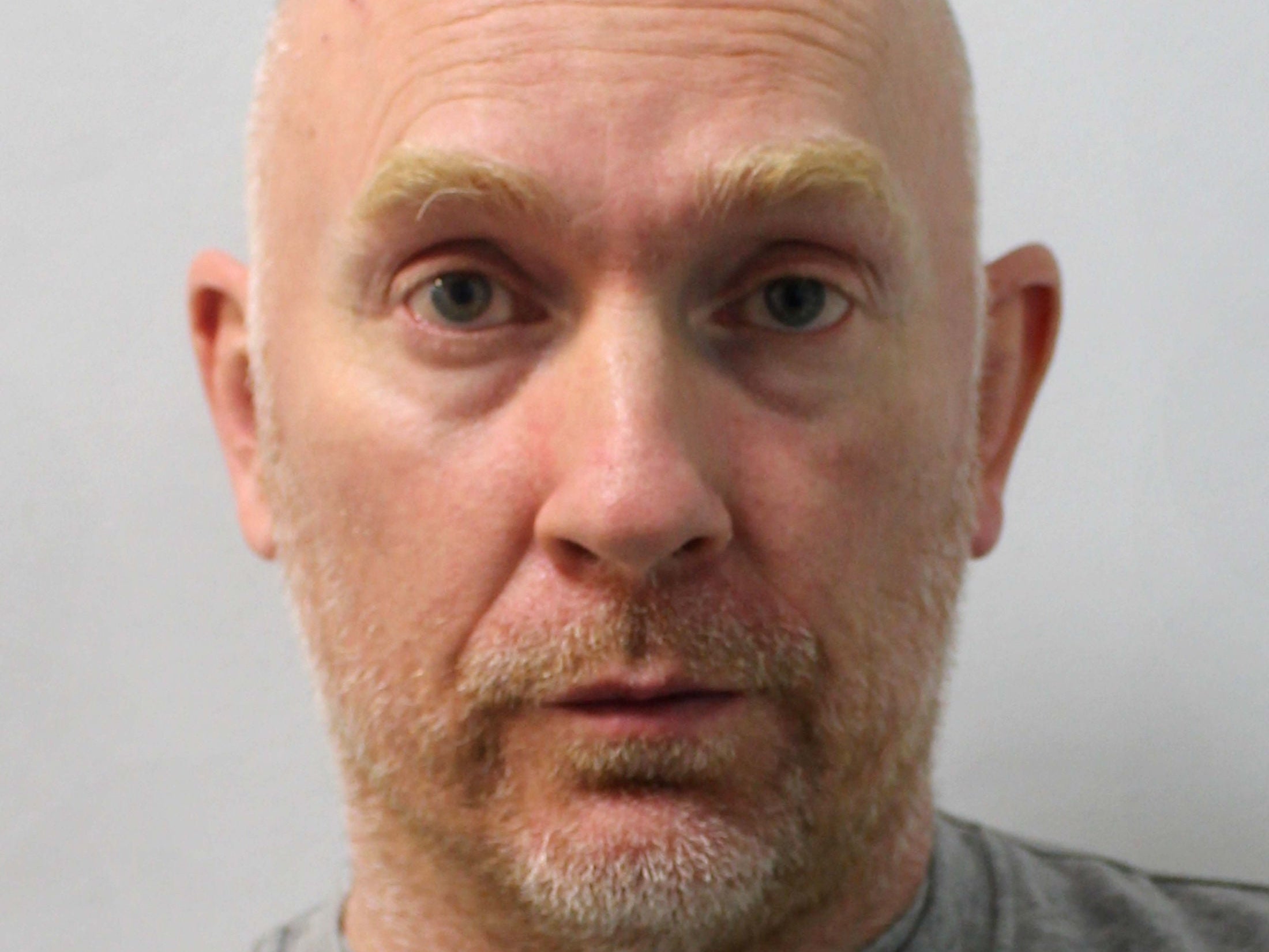Sarah Everard murder: Plain clothes officers to video call into stations when stopping women, says Metropolitan Police chief
Onus will be on officers to instigate new identity check as force seeks to rebuild trust, says Cressida Dick

Plain clothes officers will now video call into a control room to confirm their identity when stopping a lone woman, the head of the Metropolitan Police has revealed.
Commissioner Dame Cressida Dick announced the new identity check had been introduced following the murder of Sarah Everard by serving Met officer Wayne Couzens earlier this year.
It will allow a plain clothes officer to contact a uniformed supervisor in an operation room to prove they are genuine on the “rare occasion” they need to speak to a lone woman. The encounter will also be recorded.
Announcing the new measures on Wednesday, the Met chief said: “What I can say today is we are launching our ‘safe connection’, as we call it, which allows a woman who is stopped by such a police officer immediately to have verification that this is a police officer.
“My plain clothes officers will call into a control room, they will then have a video call with a sergeant in uniform who will say ‘Yes, that’s so and so, he’s PC X, Y, Z’ – so a quick, easy way, which again is instigated by the officer, not by the woman having to ask for this... which I hope will be one way people can feel reassured.”
The Metropolitan Police said the video call will be made using the officer’s mobile phone but, in the event they do not have their device on them, such as when they are off duty, the officer will provide the woman with the telephone number to visually call the operations room directly.
As part of the initiative, all operation rooms have been equipped with a dedicated mobile device which can make and receive the calls using FaceTime, WhatsApp, Skype, Zoom and Google Duo.
Anyone stopped by an officer can also call 999 directly to ask for verification of their identification and reassurance from the police control room if they prefer this route – or if video calling is not available.
The enhanced verification check comes after firearms officer Couzens used his warrant card and handcuffs to kidnap Ms Everard, a 33-year-old marketing executive, in a fake Covid arrest as she walked home from a friend’s house in south London before going on to rape and murder her.

Dame Cressida said the Met had reviewed its widely-criticised safety advice, released immediately after Couzens’ sentencing, for women to flag down a bus or passer-by if stopped by a police officer they do not trust.
She told the London Assembly Police and Crime Committee on Wednesday: “I want to be clear: the onus is on the officer to deal professionally with the person they are speaking to and in the very unusual circumstance a plain clothes police officer is talking to a lone female – which is likely to be extremely unusual in London – we would expect them to go to every effort, first of all to recognise the woman may feel uncomfortable, to explain themselves well, to identify themselves well … to call up a colleague.
“Some safety advice – I have to say when, in a press conference, pressed, pressed, pressed – was given out if all else fails and you’re really concerned you may want to get assistance.
“I completely understand why that ended up as the headline. It was not intended and it is not how we see things and yes, we have reviewed it.
“The problem here is men’s violence towards women, the problem is not for the women, or the woman, it’s really not.”

Couzens, who worked in the Metropolitan Police’s Parliamentary and Diplomatic Protection Command, clocked off from a 12-hour shift at the American embassy on the morning of 3 March before going on to abduct Ms Everard using a rental car later that same day.
He drove the hire vehicle to a secluded rural area near Dover, in Kent, where he parked up and raped Ms Everard before eventually strangling her to death.
The married father-of-two from Deal, Kent, will spend the rest of his life behind bars after being handed a rare whole-life sentence at the Old Bailey in London last month.
Sophie Linden, deputy mayor for policing and crime in London, suggested Ms Everard’s death may have prompted a spike in the number of girls and young women coming forward to report sexual offences over the last year.
She told the committee: “What we’ve seen is many more younger girls and young women coming forward over the last year, possibly it’s a hypothesis after the case of Sarah Everard and the Everyone’s Invited campaign.
“We’ve seen a real increase in young teenage women coming forward and reporting, which is to be welcomed but of course concerning.”





